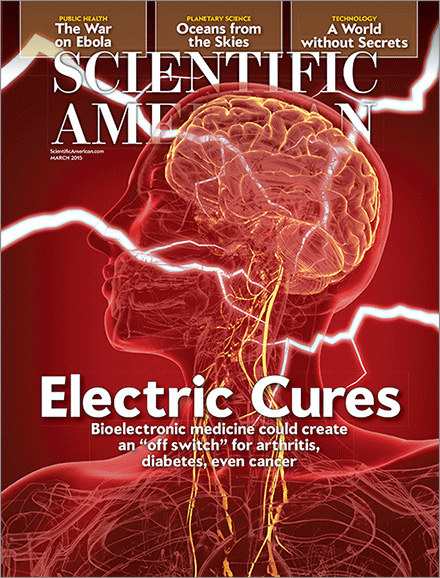Forging Doubt
Just because we don’t know everything
doesn’t mean we know nothing

WHAT DO TOBACCO, food additives, chemical flame retardants and carbon emissions all have in common? The industries associated with them and their ill effects have been remarkably consistent and disturbingly effective at planting doubt in the mind of the public in the teeth of scientific evidence. Call it pseudoskepticism.
It began with the tobacco industry when scientific evidence began to mount that cigarettes cause lung cancer. A 1969 memo included this statement from an executive at the Brown & Williamson tobacco company: “Doubt is our product since it is the best means of competing with the ‘body of fact’ that exists in the minds of the general public.” In one example among many of how to create doubt, a Philip Morris tobacco executive told a congressional committee: “Anything can be considered harmful. Applesauce is harmful if you get too much of it.”
The tobacco model was subsequently mimicked by other industries. As Peter Sparber, a veteran tobacco lobbyist said, “If you can ‘do tobacco,’ you can do just about anything in public relations.” It was as if they were all working from the same playbook, employing such tactics as: deny the problem, minimize the problem, call for more evidence, shift the blame, cherry-pick the data, shoot the messenger, attack alternatives, hire industry friendly scientists, create front groups.
Documentary filmmaker Robert Kenner encountered this last strategy while shooting his 2008 film Food, Inc.. He has said that he “kept bumping into groups like the Center for Consumer Freedom that were doing everything in their power to keep us from knowing what’s in our food.” Kenner has called them “Orwellian” because such front groups sound like neutral nonprofit think tanks in search of scientific truth but are, in fact, funded by the for-profit industries associated with the problems they investigate.
Consider “Citizens for Fire Safety,” a front group created and financed in part by chemical and tobacco companies to address the problem of home fires started by cigarettes. Kenner found it while making his 2014 film Merchants of Doubt, based on the 2010 book of the same title by historians of science Naomi Oreskes and Erik Conway. (I appear in an interview in the film.) To misdirect regulators and the public away from the link between cigarettes and home fires, the tobacco industry hired Peter Sparber to work with the National Association of State Fire Marshals to promote the use of chemical flame retardants in furniture. As another memo reads: “You have to fireproof the world around the cigarette.” Suddenly Americans’ furniture was awash in toxic chemicals.
Climate change is the latest arena for pseudoskepticism, and the front group du jour is ClimateDepot.com, financed in part by Chevron and Exxon and headed by a colorful character named Marc Morano, who told Kenner: “I’m not a scientist, but I do play one on TV occasionally … hell, more than occasionally.” Morano’s motto to challenge climate science, about which he admits he has no scientific training, is “keep it short, keep it simple, keep it funny.” That includes ridiculing climate scientists such as James E. Hansen of Columbia University. “You can’t be afraid of the absolute hand-to-hand combat metaphorically. And you’ve got to name names, and you’ve got to go after individuals,” he says, adding with a wry smile, “I think that’s what I enjoy the most.”
Manufacturing doubt is not difficult, because in science all conclusions are provisional, and skepticism is intrinsic to the process. But as Oreskes notes, “Just because we don’t know everything, that doesn’t mean we know nothing.” We know a lot, in fact, and it is what we know that some people don’t want us to know that is at the heart of the problem. What can we do about this pseudoskepticism?
Magicians have a saying, reiterated in Merchants of Doubt by close-up prestidigitator extraordinaire Jamy Ian Swiss: “Once revealed, never concealed.” He demonstrates it with a card trick in which a selected card that goes back into the deck ends up underneath a drinking glass on the table. It is virtually impossible to see how it is done, but once the move is highlighted in a second viewing, it is virtually impossible not to see it thereafter. The goal of proper skepticism is to reveal the secrets of dubious doubters so that the magic behind their tricks disappears.


March 26th, 2015 at 9:36 am
Great article, I always look forward to reading them.
George Burns smoked for years however, if he hadn’t, he may have lived as long as Noah?